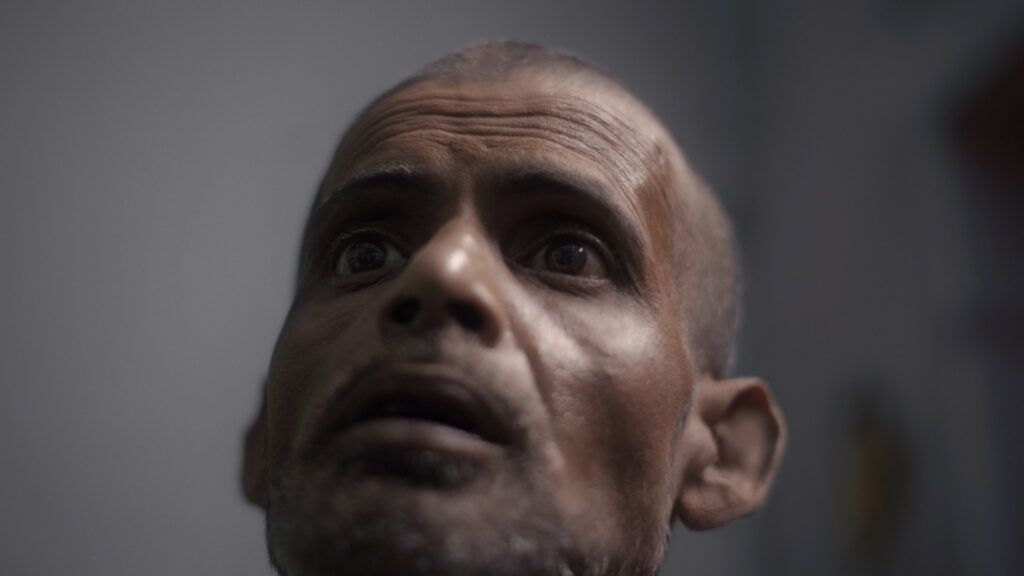Seemonta Halder’s ‘Chimera’ is not your typical exploration of dementia. It’s an experimental journey that takes the audience through the bewildering landscape of a fading mind, with all the grace of a fever dream and the jarring intensity of a nightmare.
From the opening, the film pulls no punches. Dibyendu Chakroborty delivers a knockout performance as the grandfather, a man trapped in the crumbling ruins of his own consciousness. The world around him is a labyrinth of fleeting memories, a twisted reflection of his fractured psyche. The grandson, portrayed with just the right amount of disdain by Kunal Chakroborty, adds a layer of tension that keeps the audience on edge.
What makes ‘Chimera’ work is its unapologetic embrace of the surreal. Halder’s direction is fearless, taking risks that pay off in creating an atmosphere that’s both haunting and hypnotic. The cinematography by Sandeepan Nath doesn’t just capture action, it traps you in a world where time is fluid, and every object tells a story of decay and neglect.
Swadhina Chakroborty’s role as the overburdened daughter-in-law is a study in quiet despair, a performance that sneaks up on you with its depth and nuance. She’s the glue holding this broken family together, and yet you can see the cracks in her own resolve. There’s a raw honesty in how her character is portrayed – no melodrama, just the stark reality of someone pushed to the brink.
‘Chimera’ challenges you to let go of logic and dive headfirst into its swirling, chaotic vision. It’s not an easy watch, but that’s the point. Halder doesn’t want you to sit back and relax. He wants you to feel the discomfort, the disorientation, the creeping fear of losing one’s grip on reality. And in doing so, ‘Chimera’ becomes more than just a film about dementia – it’s a powerful meditation on the fragility of the human mind. This is cinema at its most daring, a bold statement that stays with you after viewing. Highly recommended.


